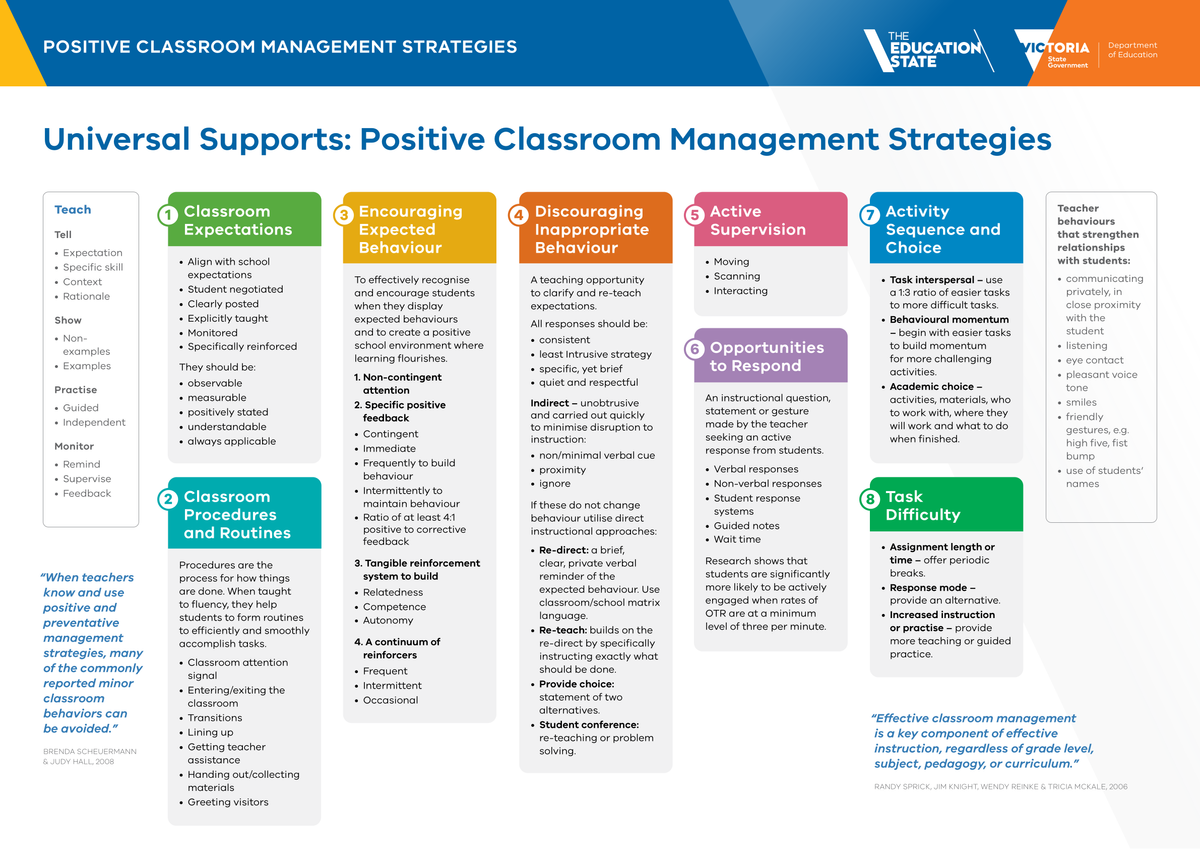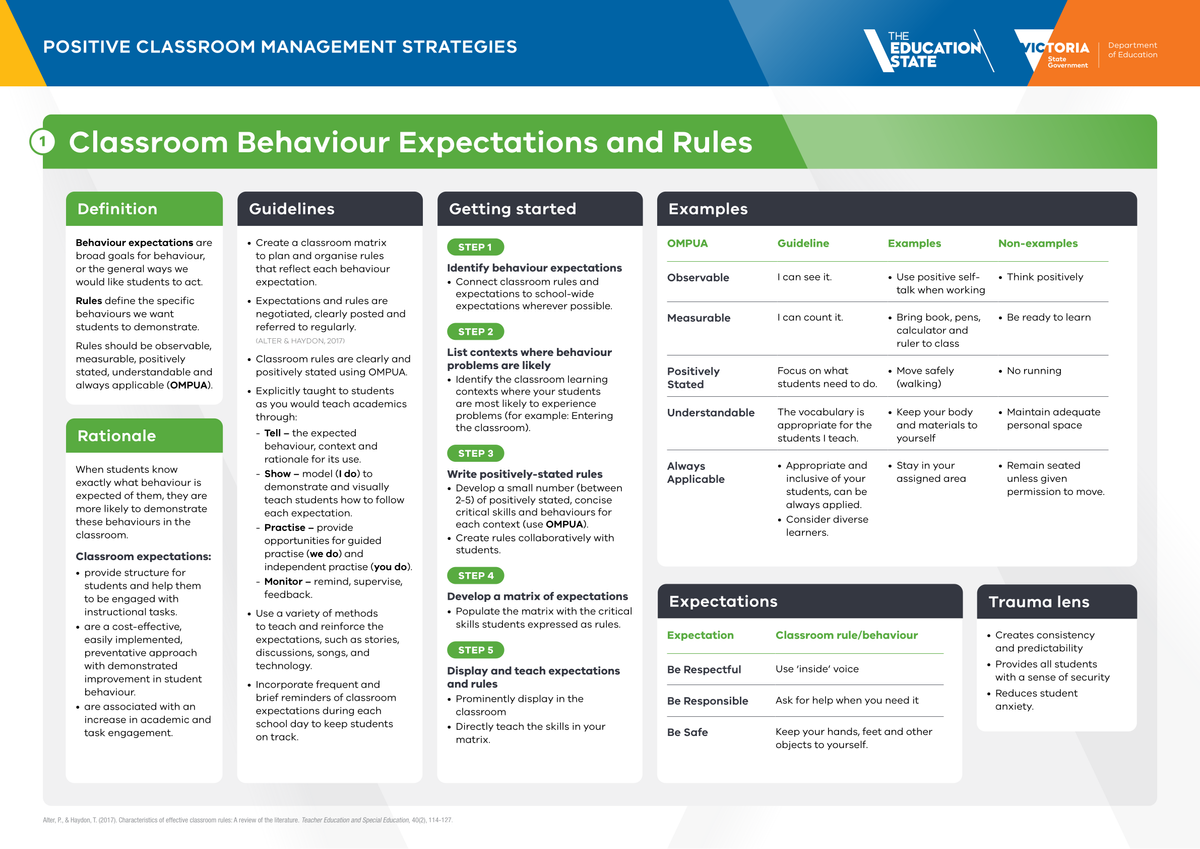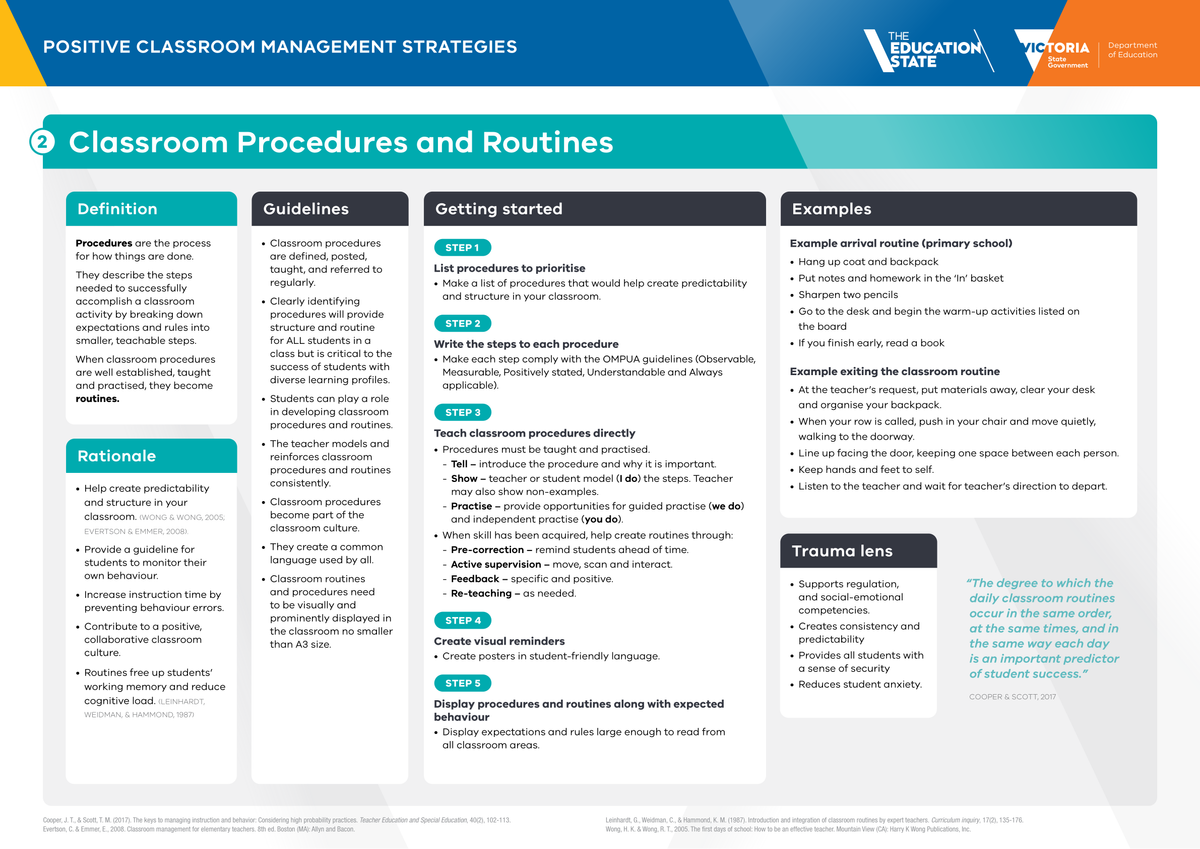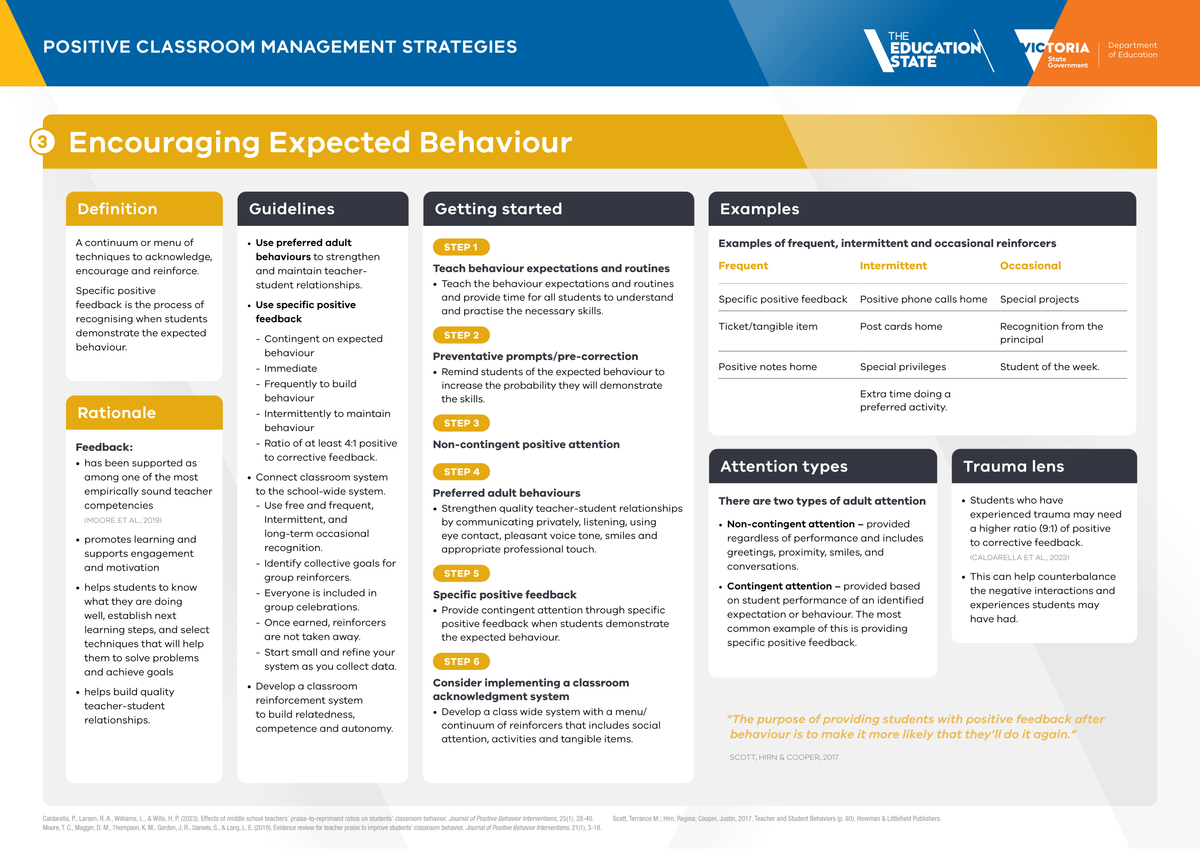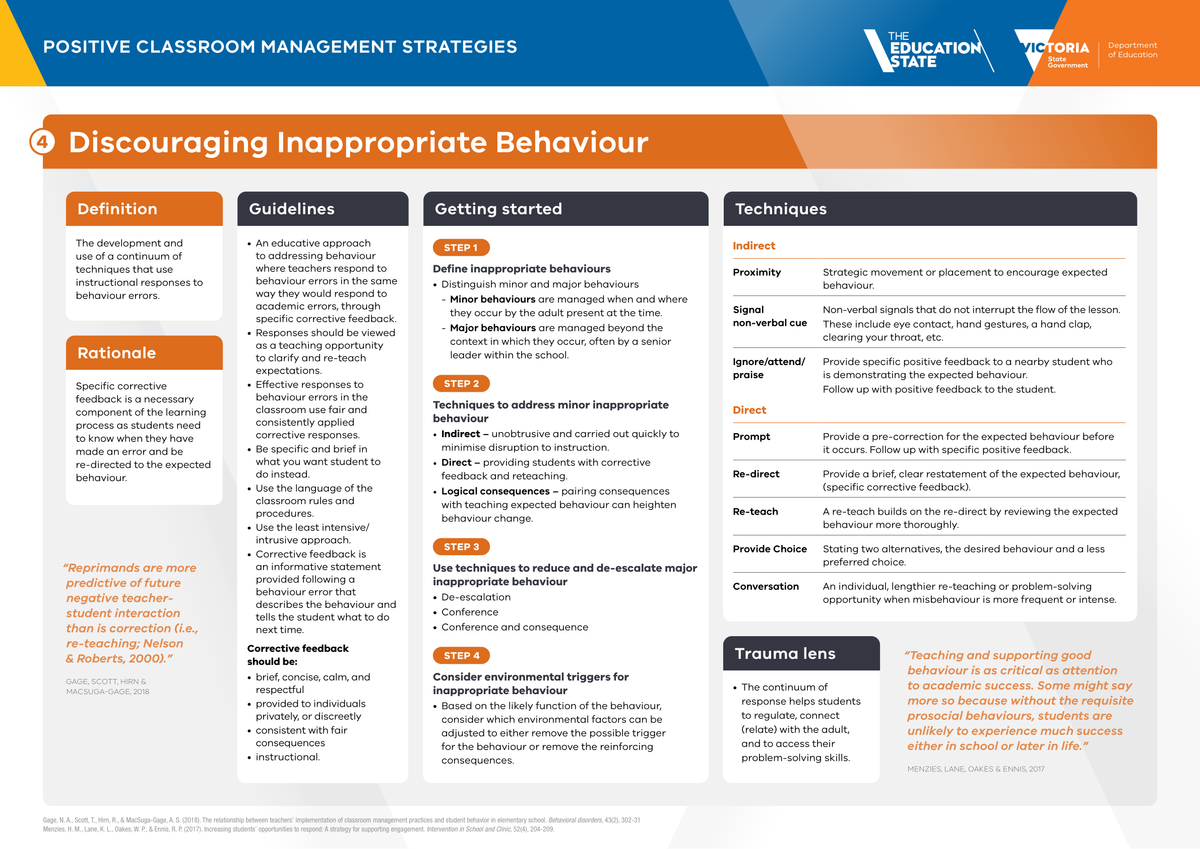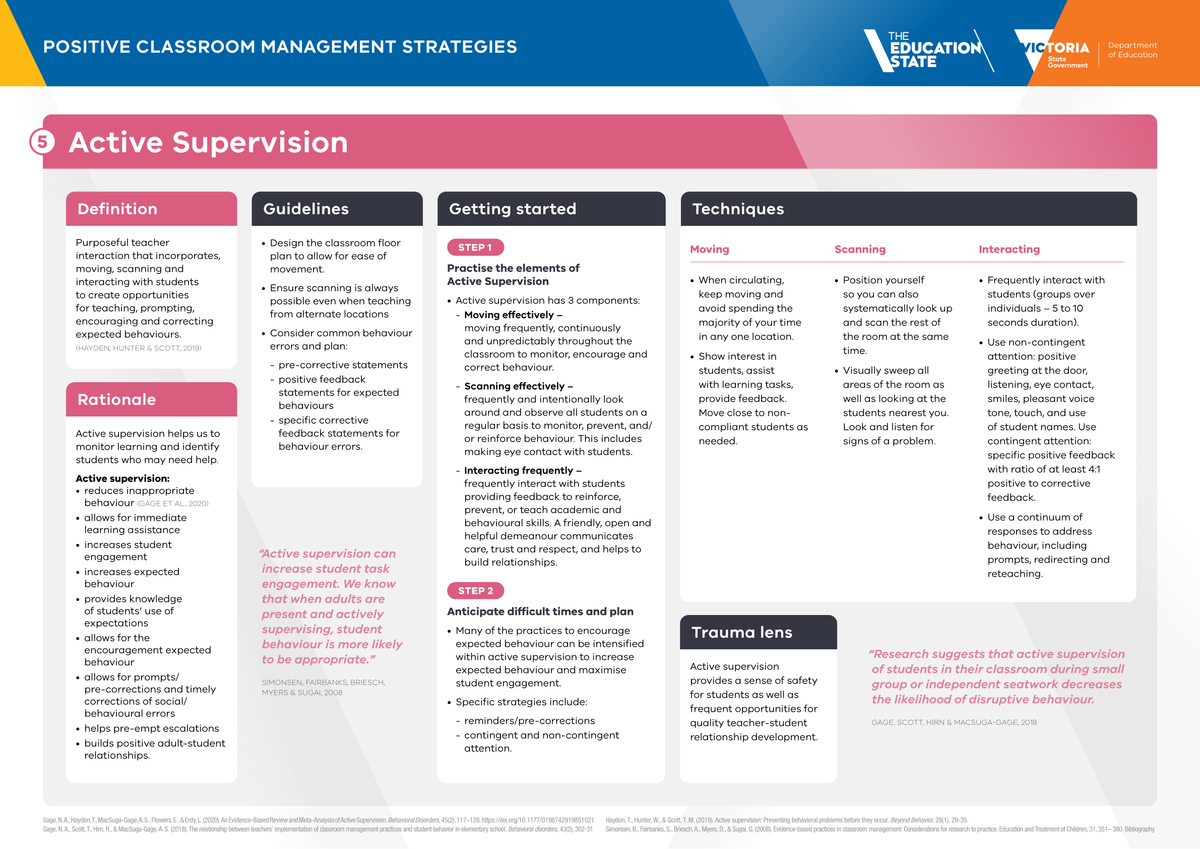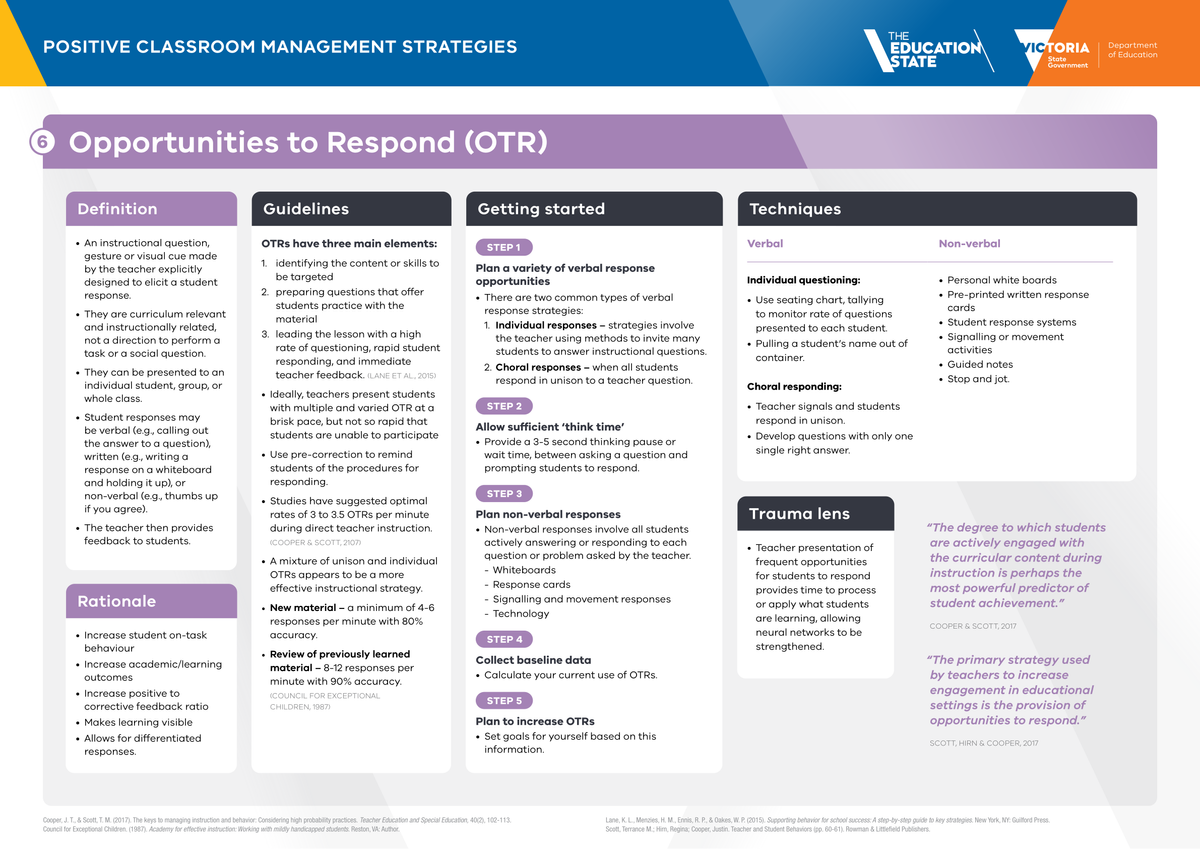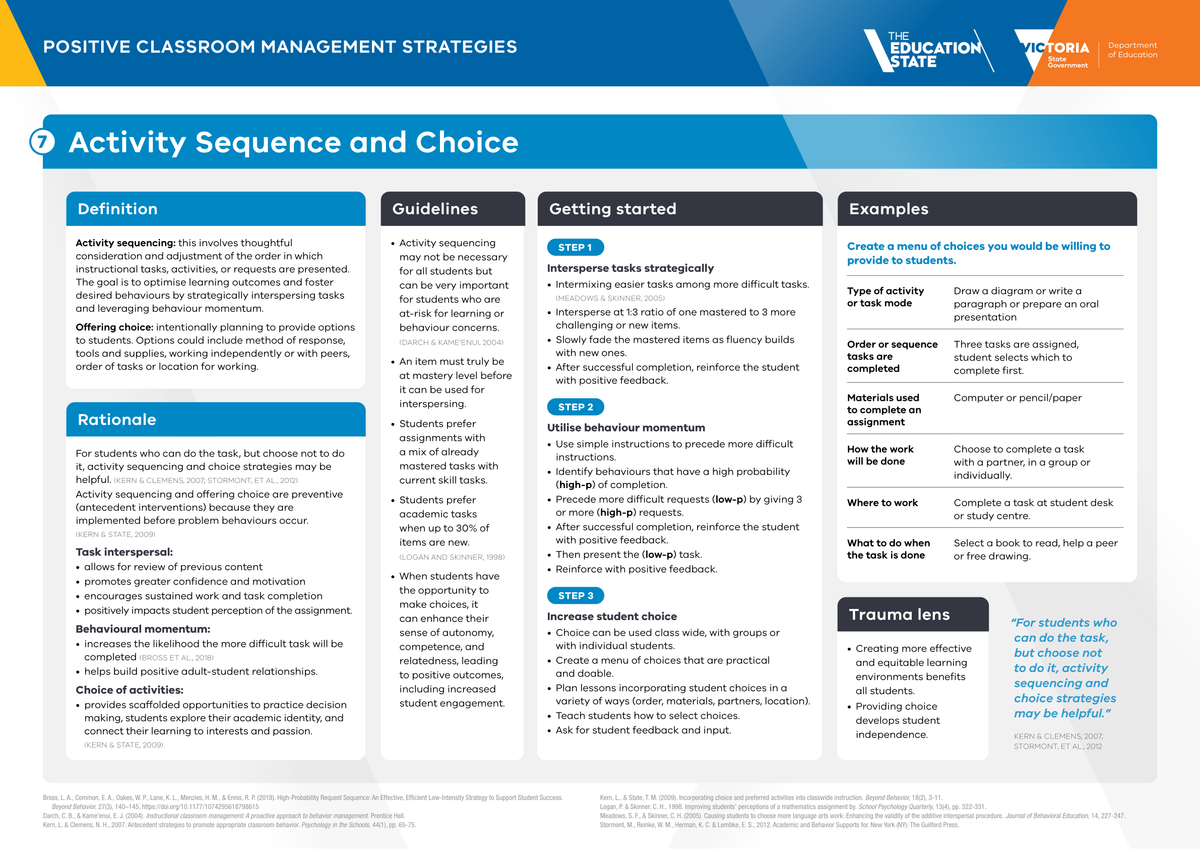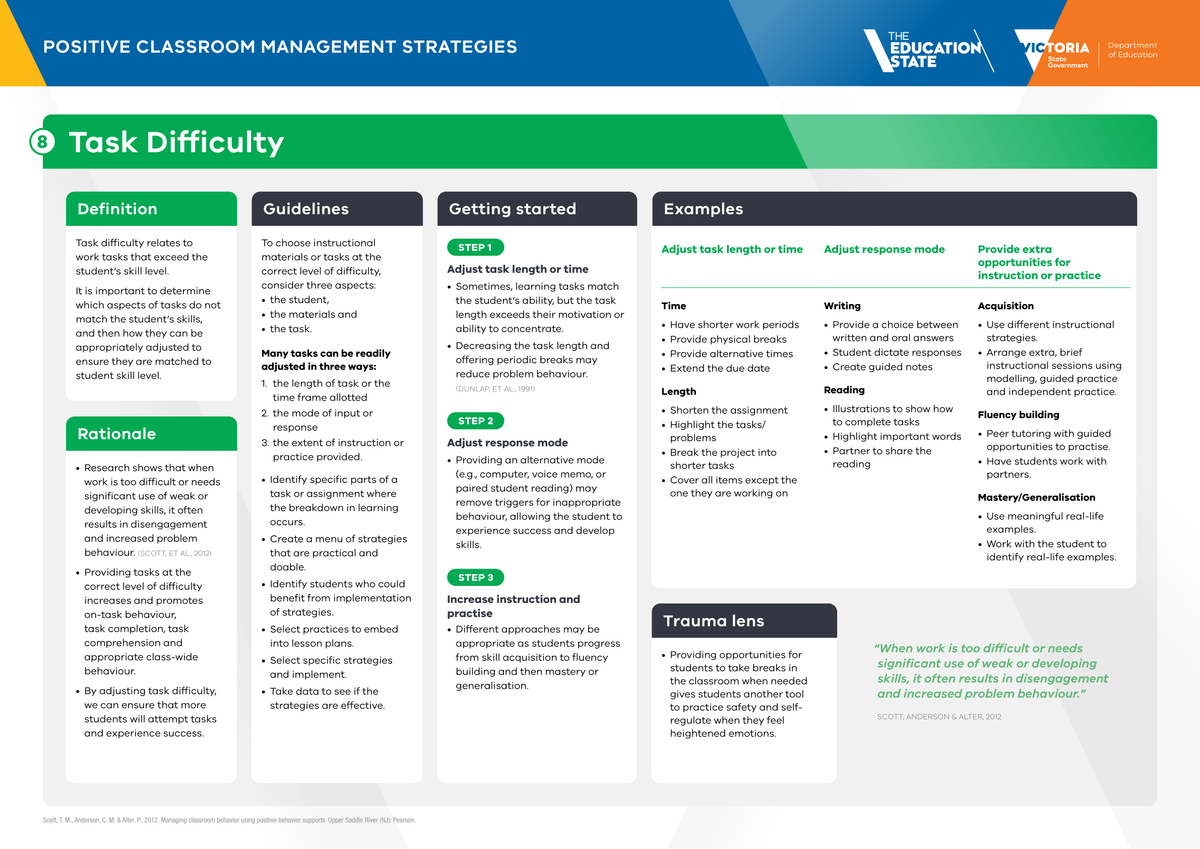Wellbeing

NAIDOC Week & CUST
National NAIDOC Week celebrations are held across Australia at the beginning of July each year (Sun, 6 July 2025 – Sun, 13 July 2025), to celebrate and recognise the history, culture and achievements of Aboriginal and Torres Strait Islander peoples.
Below are some resources from the ABC which you may wish to adapt for your students at the start of next week on our return to school.
Thank you Helena, in her role as Marrung Champion, for organising Uncle Ron Murray for the assemblies at the end of Term 2.
On Tuesday after school, we will complete Part 1 of the Cultural Understanding & Safety Training (CUST at 3.15pm-4.45pm) ran by our Koorie Education Support Officer (KESO) followed by Part 2 in Week 5. ES Staff are also welcome as an optional professional learning.
Bullying No Way - 'Be bold. Be kind. Speak up'
Bullying No Way Week is returning 11–15 August 2025. Bullying No Way Week is Australia's key bullying prevention initiative for schools. It provides an opportunity for schools to create a shared understanding about bullying behaviours and share their bullying prevention policies and strategies.
Bullying is everyone's responsibility. It takes a community to be brave and address bullying behaviours, within and beyond the school gate. Students can be bold, kind and take a stand to support others being bullied. In our community and in our school, we want a place where everyone can belong, a place that celebrates everyone, and where bullying is never accepted. This Bullying No Way Week, we're asking students, schools, families and communities to be bold and say something, be kind and support someone, and be proud to take a stand against bullying.
Positive Classroom Management Strategies (PCMS)
The PCMS consist of 8 evidence-informed instructional practices designed to create safer, purposeful learning environments. These practices support student learning and wellbeing through teaching positive behaviours.
The practices are based on the guiding principle that behaviour can be taught with explicit teaching and positive reinforcement and disciplinary measures alone do not teach students what to do.
The PCMS are founded on the following guiding principles:
- Appropriate and inappropriate behaviours are related to the environment in which they occur. Environments can encourage appropriate or inappropriate behaviours.
- Behaviour is functional. Individuals learn to use behaviours to get their needs met. Behaviour that works is likely to continue.
- Behaviour can be taught. It is possible to teach alternative replacement behaviours to meet students' needs more appropriately.
In Week 3 we will have a professional learning session focusing on Active Supervision.



